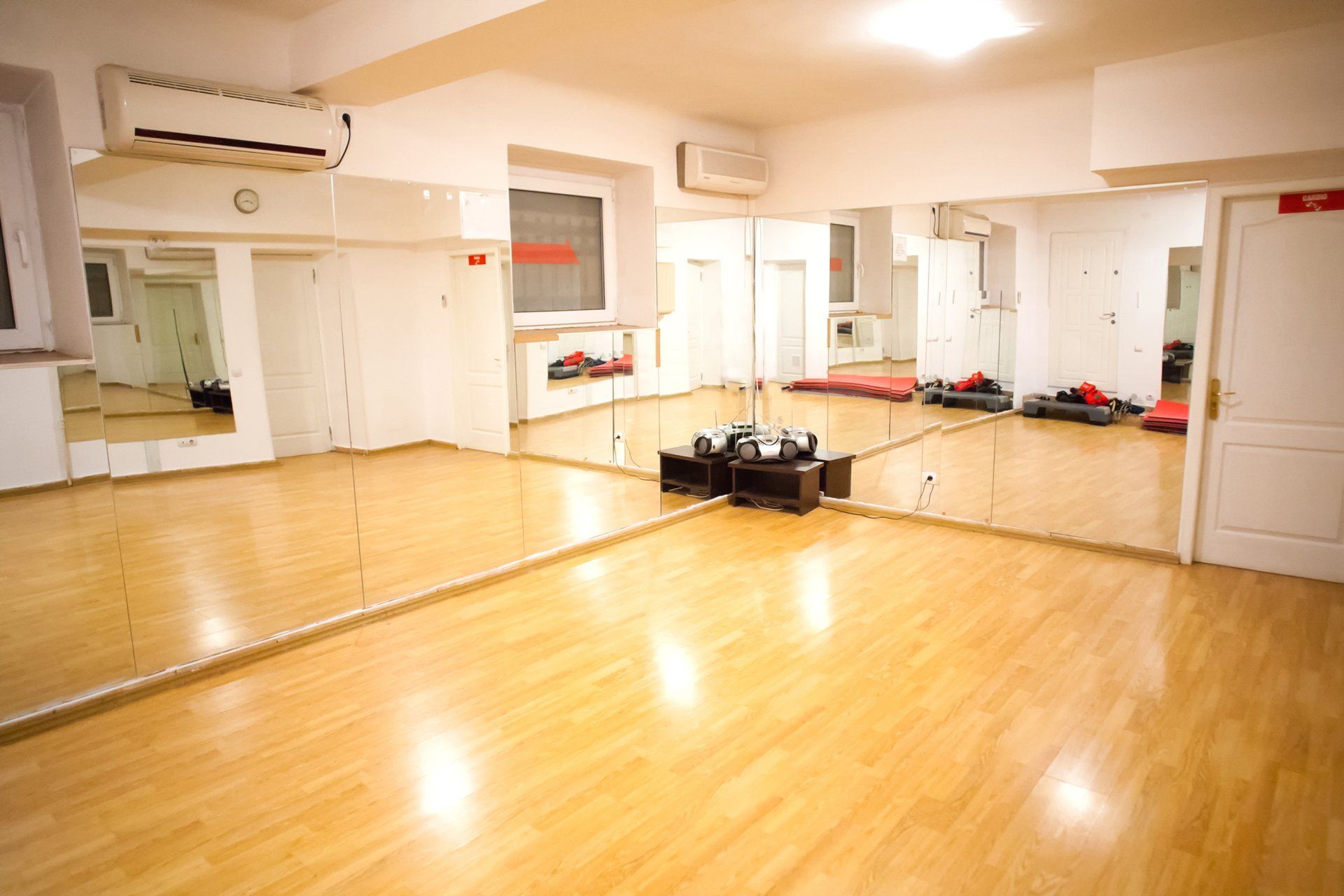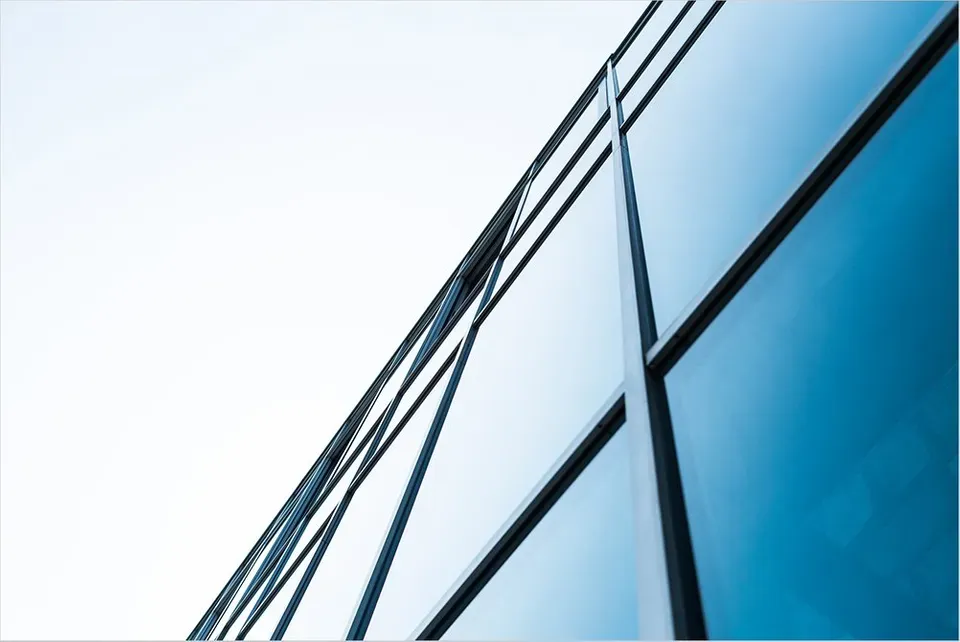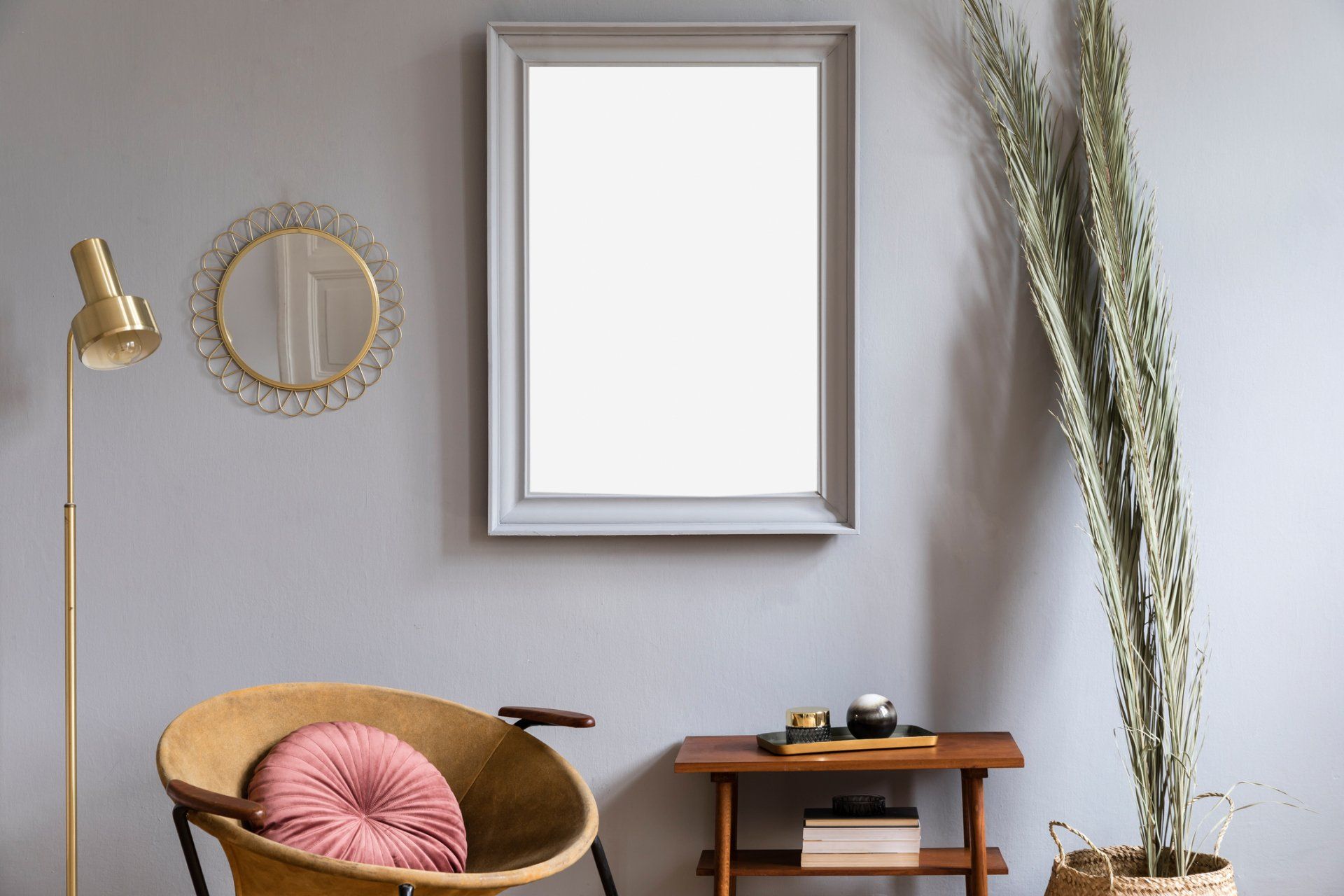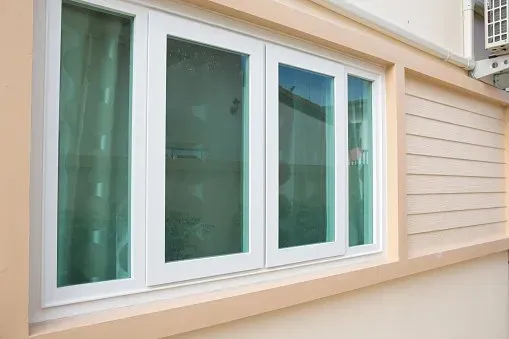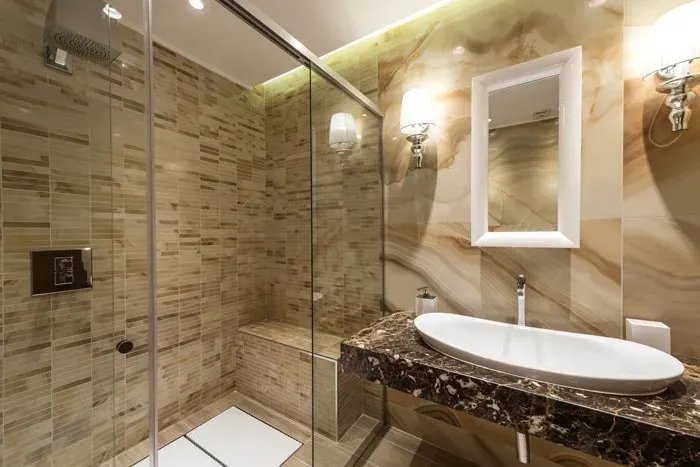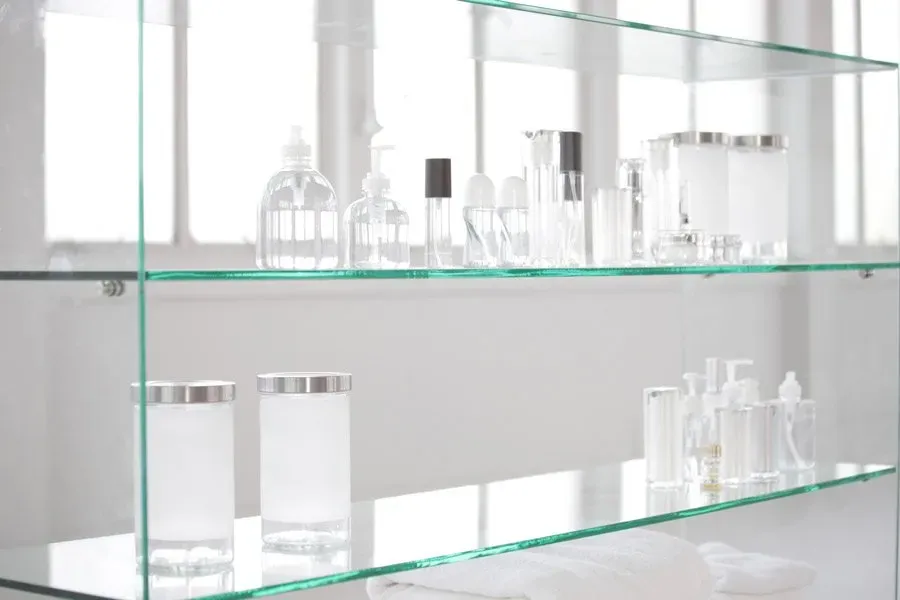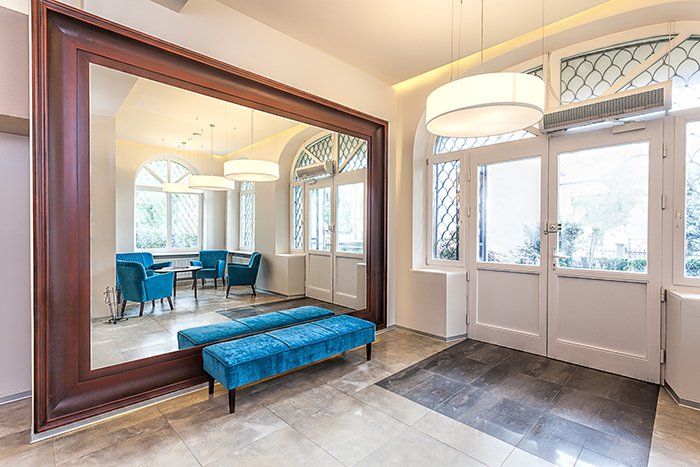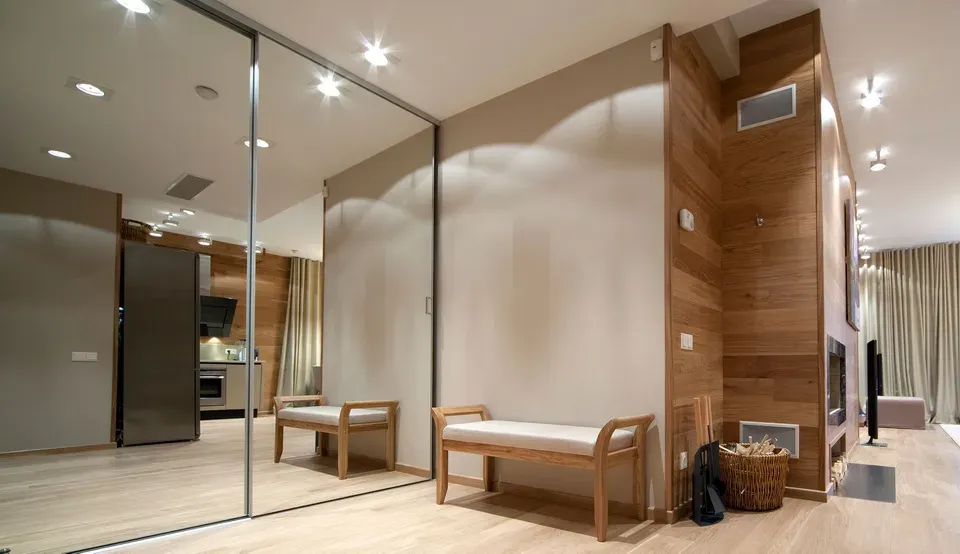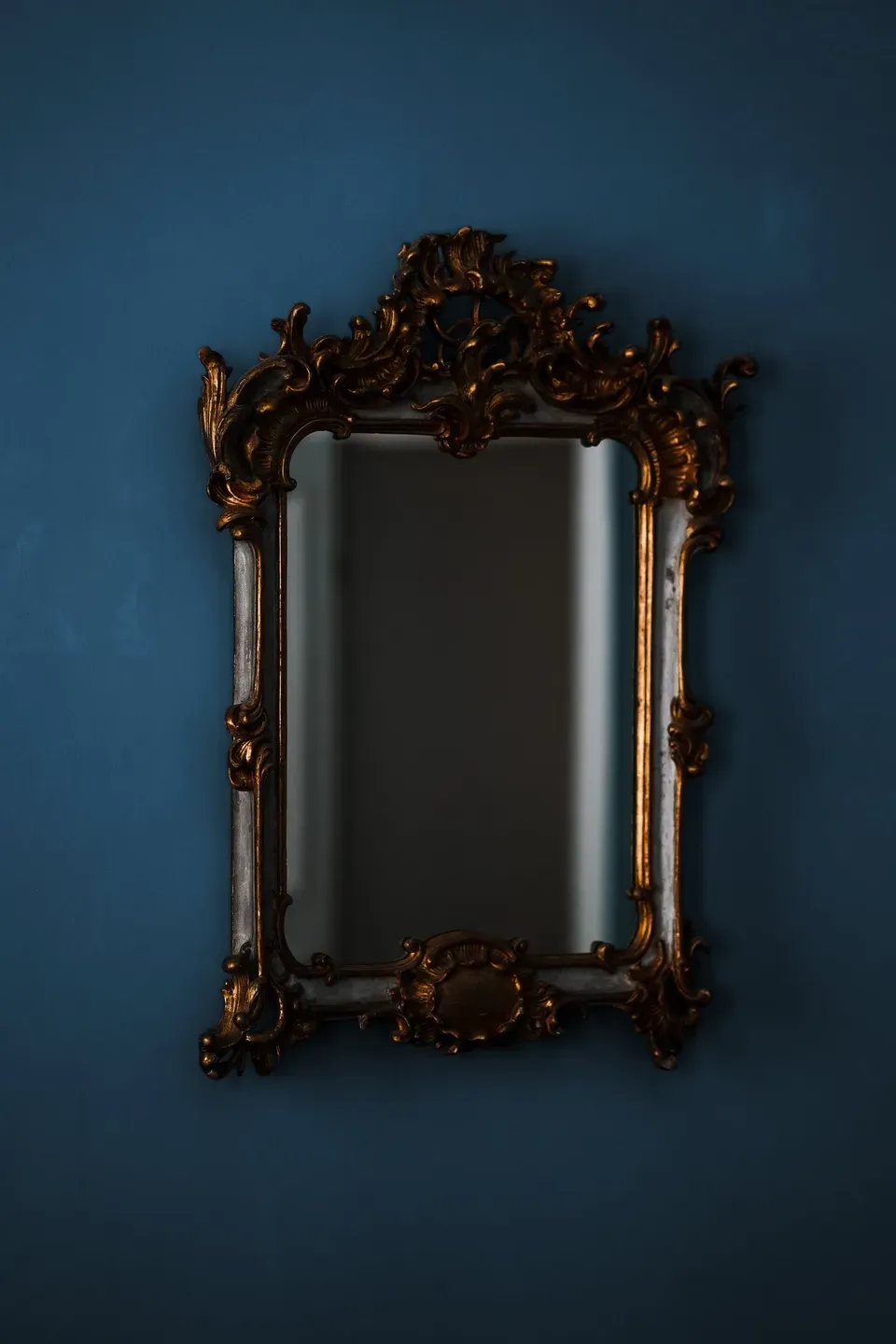Everything You Need to Know About De-Silvering
What is de-silvering, and what can you do about it? The dark patches or streaks that characterize de-silvering can make a mirror stand out for all the wrong reasons. If your mirrors have this issue, take a look at everything you need to know about this unwelcome process and what you can do about de-silvered glass.
What Causes Dark Streaks and Spots Around Your Mirror's Edges?
Mirrors aren't only made from glass. The mirror-making process includes a layer of tin and silver that's poured onto the glass base. This silver layer gives the mirror its sparkle and shine. But the silver layer can lead to black or dark spots and streaks around the edges.
A mirror can de-silver if the backing lifts off the surface or wears away. This typically happens when:
- You constantly splash the mirror with water. Moisture plays a critical role in de-silvering. If you consistently splash the mirror with water (in a bathroom or kitchen setting), it may de-silver over time.
- You expose the mirror to high humidity. Direct contact with running (or splashing) water isn't the only way moisture can de-silver a mirror. A steamy bathroom or other humid home space can lead to this mirror issue.
- You clean the mirror improperly. Repeated cleaning with an ammonia-based product or constant exposure to a damp rag can cause your mirror to de-silver.
You can protect your mirror from de-silvering, and this process won't attack every reflective piece of glass in your home. But what happens if the mirrors are already streaked and stained? If the time is too late and the process is underway (or you inherited de-silvered mirrors), you have options to correct, hide, or replace the damage.
Can You Repair a De-Silvered Mirror?
You can restore your favorite mirror to its original luster with a re-silvering process. Even though a glass professional can remove the backing, strip the remaining silver, and apply new silver, this process is complicated and can get expensive.
Instead of re-silvering your mirror, consider:
- Mirror replacement. If your bathroom mirror or decorative wall mirrors are older and de-silvering, replace them with new custom showpieces. A mirror and glass contractor can create upgrades that freshen your space and add to the overall aesthetics.
- Frame the mirrors. Add a frame around the border and cover the de-silvered areas. This is an ideal option for wall mirrors used as decorative home accents. A frame will turn your existing glass pieces into elegant art.
- Reuse the mirror. A de-silvered wall mirror doesn't have to stay in place. Reuse and repurpose the mirror as a table top or shelf.
Did you choose to replace your mirror? Instead of the same style, consider a custom cut. A glass and mirror contractor can help you to design the perfect mirror for your home's interior style.
How Can You Protect Your Mirrors?
Whether your existing older mirrors don't show signs of de-silvering yet or you recently bought new mirrors, you can protect your investment. To prevent de-silvering, limit the amount of moisture you expose the mirror to.
From mirrors on your wall to mirrored furniture, stop this damaging process before it starts and:
- Clean wisely. Discuss the best cleaning product options with the glass contractor. The professional who custom cuts your mirror can recommend the best option to keep your mirror clean - without damaging the sheen.
- Dry mirrors immediately. Don't let moisture attack your mirrors. Dry bathroom mirrors immediately after you shower, bathe, or splash the surface with water.
- Ventilate well. Use windows and your home's ventilation system to reduce humidity and moisture levels.
A whole-home or room dehumidifier can dry the air and reduce the risks to your mirrors.
Do you need new custom-cut mirrors? Contact City Glass of Bloomington, Inc., for more information.
